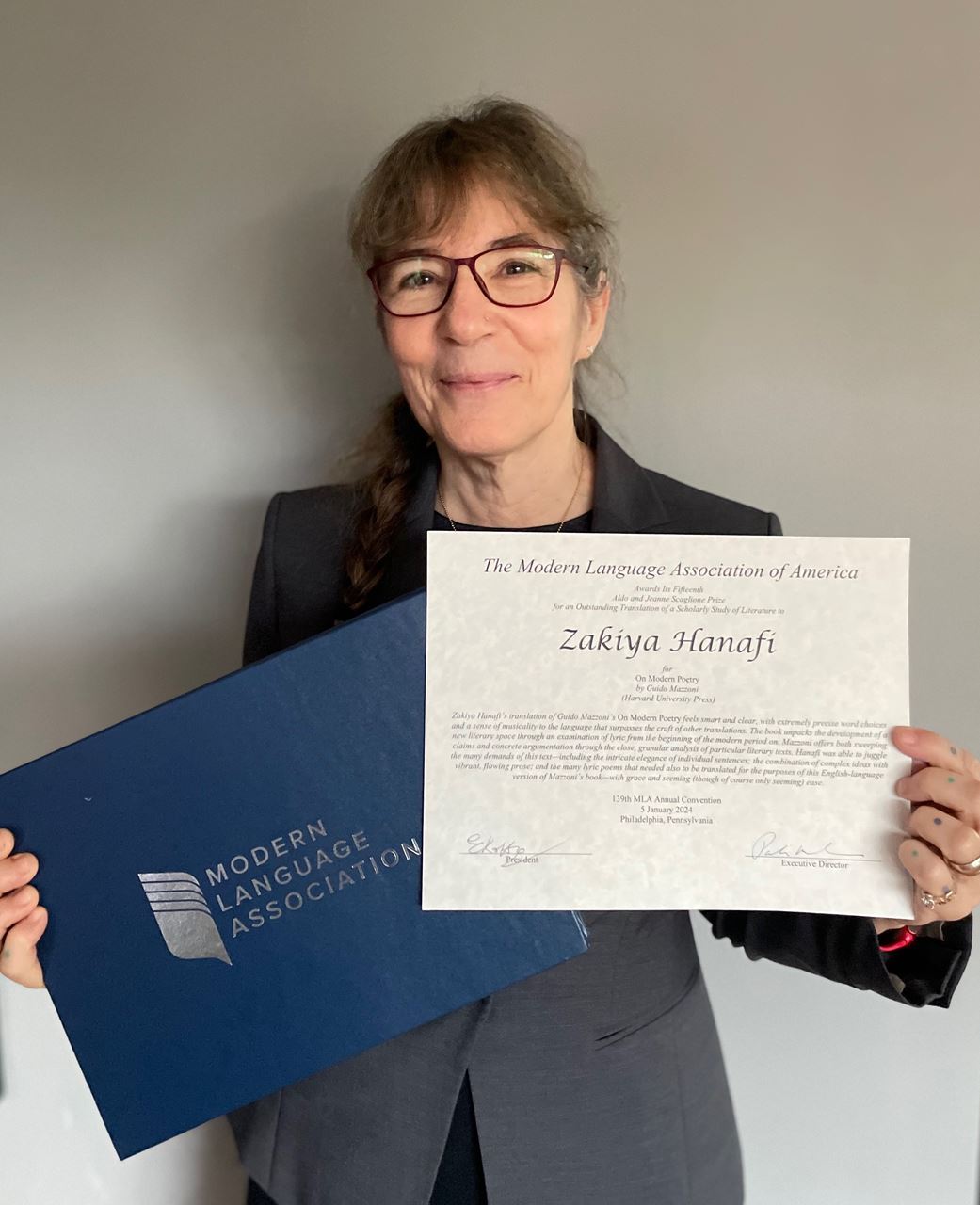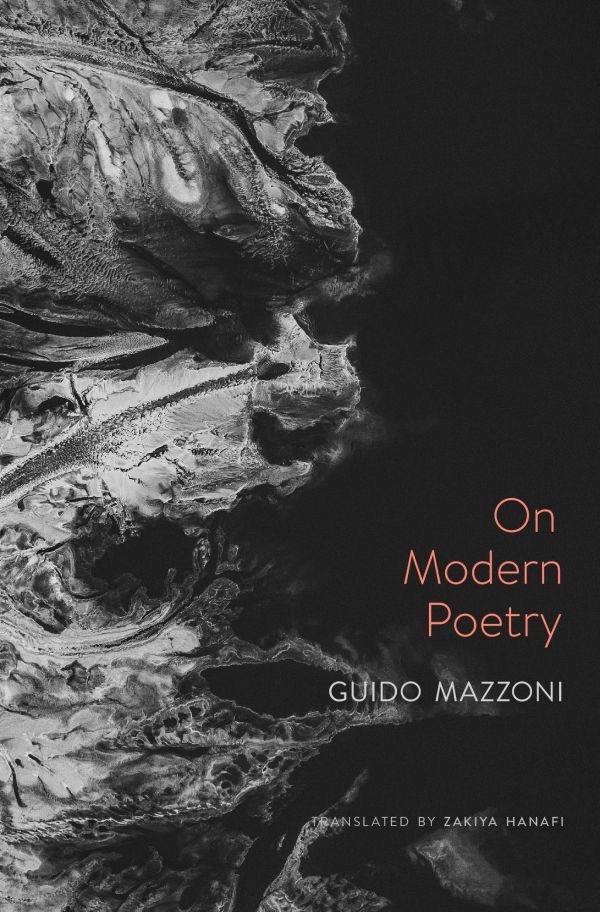BY ZAKIYA HANAFI
| “In addition to the effects of the paradox whereby a translation is judged better the more invisible it is, scholarly translation can be lonely in part because it has no clear territory in the professional world of translation and interpretation. It is neither technical nor literary; it lands squarely in the region between art and craft.” |
I can’t deny it: it feels great to be recognized and praised for my craft by my peers.  After all, it’s the closest thing to an Oscar I could ever hope for in my field! And the big, fat cherry on top is how the prize committee members expressed their recognition: they called my translation “smart and clear, with extremely precise word choices and a sense of musicality that surpasses the craft of other translations.” (See the full statement here.) That’s the greatest compliment a translator could ask for.
After all, it’s the closest thing to an Oscar I could ever hope for in my field! And the big, fat cherry on top is how the prize committee members expressed their recognition: they called my translation “smart and clear, with extremely precise word choices and a sense of musicality that surpasses the craft of other translations.” (See the full statement here.) That’s the greatest compliment a translator could ask for.
The truth is, receiving the Modern Language Association prize has upped my self-esteem and given me a new appreciation for my practice. Of course, happiness comes from within, and the satisfaction we get from our work should come primarily from doing it. And yet… the truth is, as a translator of the humanities — I’m talking about philosophy and literary theory, history of all sorts, anthropology, literary criticism, and so forth — I have sometimes felt left out of the spotlight that literary translators can aspire to. Translators of literature have the potential to go on book launch tours, to receive royalties, to give interviews, to appear on social media. Let’s face it: there can be a lot of buzz about literature (poetry, novels, short stories) that rarely surrounds academic work. Maybe that’s because literature is accessible to everyone: it does not put up the intellectual barriers that some academic jargon does.
Still, in addition to the effects of the paradox whereby a translation is judged better the more invisible it is, scholarly translation can be lonely in part because it has no clear territory in the professional world of translation and interpretation. It is neither technical nor literary; it lands squarely in the region between art and craft.
Because accuracy is paramount when it comes to communicating ideas, scholarly translators first need to do scads of research to understand their authors’ ideas. Then they need to track down source language quotations in the target language, if they exist in authorized translations, and update footnotes with new titles and page numbers in line with a newly compiled target-language bibliography. There’s also terminology to attend to, which may need to be adapted in the quotes, since it must be consistent across the entire text for the author’s ideas to make sense to the reader. Normally we think of terminology as a technical translator’s purview, but, when it comes to translating philosophy, for example, terminological consistency is just as vital. Scholarly translators need to consider the way keywords from antiquity like Form, Idea, and Nature have been passed down through centuries of translations — from Greek, to Arabic, to Latin, to English, for instance. And then there’s the modern tradition of translating Heidegger, which alone would require an essay to explain why one must never confuse Being, uppercase B, with being, lowercase b (or with ‘beying', for that matter, and that’s not a typo!).
 All this negotiation between past and present and established lexical traditions requires massive attention to detail, but the result must be expressed in a prose (or poetry, as in my prize-winning book, On Modern Poetry by Guido Mazzoni) that honors the author’s style and verbal nuance, so important for this genre.
All this negotiation between past and present and established lexical traditions requires massive attention to detail, but the result must be expressed in a prose (or poetry, as in my prize-winning book, On Modern Poetry by Guido Mazzoni) that honors the author’s style and verbal nuance, so important for this genre.
Scholarly translators like me walk the line, with every sentence, between communicating like a technical translator and painting with words like a literary translator. Thanks to the commitment this practice requires, every book feels like a tremendous achievement and a true collaboration with the author. It feels miraculous to me to be able to transmit ideas from one tradition of thought to another, without distorting or losing their sense.
I can’t wait for there to be a NOTIS Division of Scholarly Translation, with conferences and journals all about my field. But, in the meantime, winning this prize has given me and my practice that extra little bit of visibility I was craving. And while it may not exactly create a buzz, it does make me glow with pride! Thank you, MLA!

P.S. If you’re thinking of translating a scholarly work and wonder what it involves, or you just want to learn more about the practices of scholarly translation, join me for a NOTIS webinar on the topic on November 7th, 6-7 pm. Click here to register!
